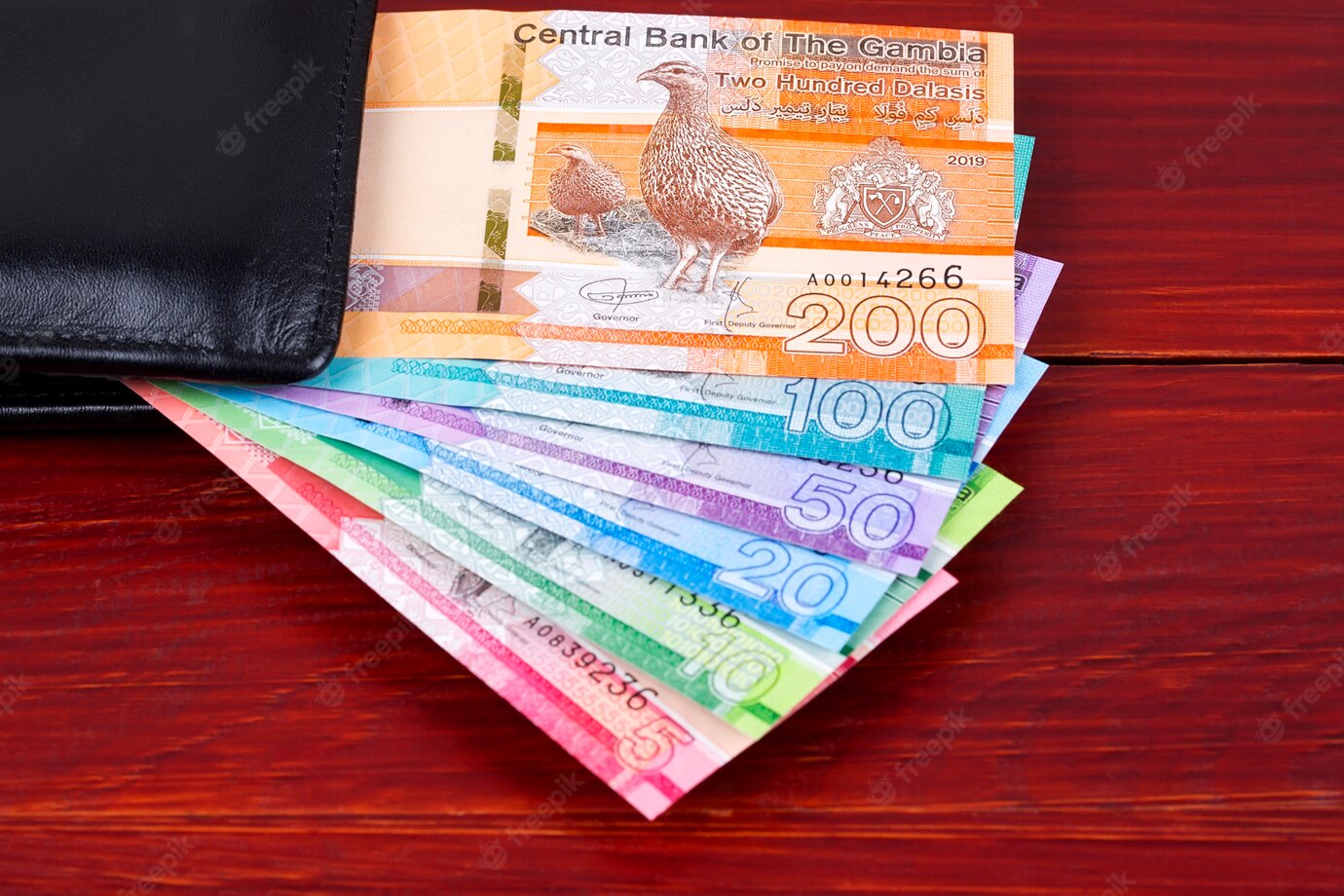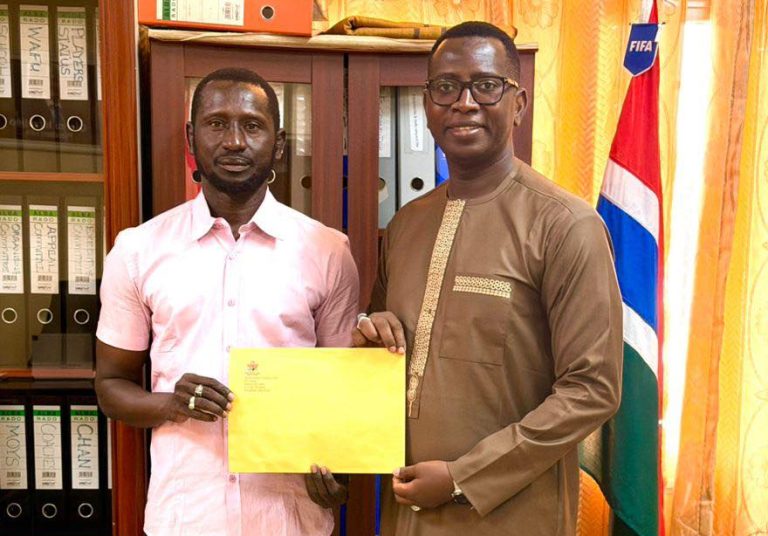
On June 21st, President Adama Barrow chaired the monthly Presidential Economic Council meeting at the State House, which revealed that the Gambian Dalasi is stable, even though the interest rate was 15.2% in May 2023.
The Presidential Economic Council meetings allow timely interventions on major emerging issues regarding the economy, and the Ministers of Public Service, Agriculture, Trade and Tourism and economic stakeholder joined the President for the June Meeting.
In its report, The Central Bank of the Gambia indicated that the global food price index declined in May 2023, impacting the price of cereals, vegetable oil, dairy products and sugar. However, the cost of rice increased at the global level by 2.9%, representing a 17% increase at the same time in 2022. Also, steps taken to reduce the pump price of fuel due to the control mechanism was commended. The update indicated that the growth in the economy for the reporting period was driven by tourism, public spending, especially on the construction of the OIC roads and remittances recorded in May 2023. Notwithstanding, inflation is on the increase, standing at 17.2%, due to demand and the high cost of import.
The CBG also updated the meeting on a finalised Shipment policy and other considerations to improve the fiscal environment. It also gave updates on the economic forecast both at the global and domestic levels, indicating efforts to fight inflation to stabilise prices.
While the exchange rate is influenced by informal trade, it was reported that the Gambian Dalasi is stable, but the interest rate stood at 15.2% in May 2023. The Bank continues to hold collaborative meetings with the Ministry of Finance for exchanges to improve policy implementation.
The Ministry of Finance reported on meetings held with partners and preparations for the next Extended Credit Facility (ECF) programme. It also prepared a Cabinet paper to formulate the 2024 budget plan early next month and is planning a financing strategy to launch the new NDP already approved by Cabinet.
Meanwhile, more SOEs have been identified for the subsequent signing of appraisal contracts. The Finance Ministry is also working on SOE Dividend Policy, a National Tax Policy, to guide tax refunds and tax expenditures.
The Gambia Revenue Authority –GRA gave an account of the Custom and Excise and domestic revenues for May 2023 and has collected 12% more than its target. The performance was associated with improving the efficiency and effectiveness of capturing leakages using the ASYCUDA World system. It has realised 17.4% growth for the January – May 2023 period.
In its report, the Accountant General Department –AGD stated that it is working on online procurement of tickets to cut the high cost of ticket buying, using service accounts to facilitate the payments. Additionally, there has been an increase in the revenues collected at the Senegambia, Basse and Fatoto bridges.
The AGD also rolled out the IFMIS to more institutions and is advanced with automated payroll systems, including gratuity and pensions. The 2021 financial statement has also been sent to the National Audit Office.
The accountant General was advised on the application mechanism for non-complying SOEs.
GIEPA updated the meeting on eight companies’ manufacturing, agriculture and service investments. In total, the companies employ about a thousand employees.
The Ministry of Trade complimented the Gambian farmers, particularly women, for the locally produced onions, which provided a stock of over six months, warranting the temporary ban on imported onions to give the relevant market. It was reported that there are enough rice and other food stocks in the country while they continue to work with importers for the timely availability of food stocks.




